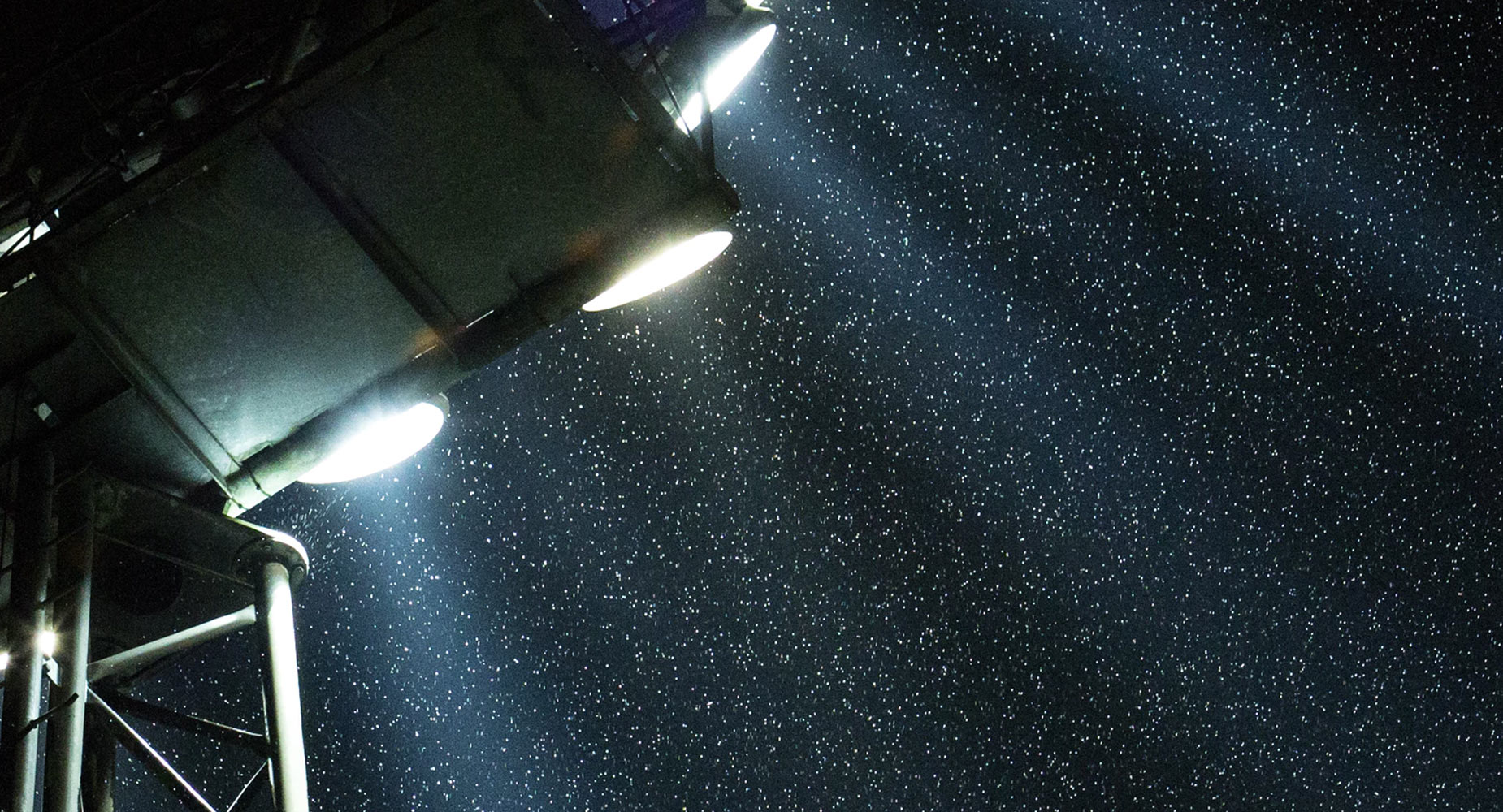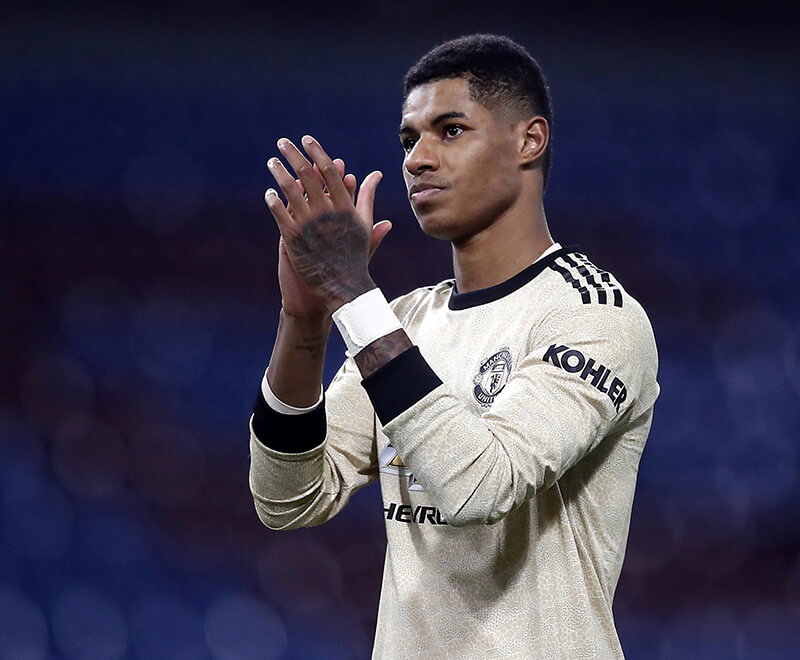Popular Sky Sports pundit Jamie Carragher returned to our screens last weekend following his suspension for spitting at a teenage girl and her father from the window of his Range Rover.
Hal Stevenson looks at the crisis comms that made it all possible, and what it means for other brands whose talent makes headlines for all the wrong reasons.
Last weekend saw the return of the Premier League in all its glory. Controversy and comebacks abounded. Never mind Everton’s Phil Jagielka sending off, nor Wolves’ return to the top flight after a six-year hiatus. The real story was off the pitch: the return of Jamie Carragher to the Sky Sports studio.
Carragher is best known for his 17-year career at Liverpool, insightful punditry and, more recently, for spitting at a 14-year-old girl and her goading father out the window of his Range Rover following Liverpool’s 2-1 loss to fierce rivals Manchester United in March.
It’s not the first time Sky Sports pundits have got themselves into trouble. Back in 2011 Andy Gray and Richard Keys found themselves centre stage, having been unknowingly recorded making derogatory comments towards Premier League official Sian Massey and West Ham vice-chair Karren Brady.
Gray was sacked immediately after further evidence of sexist behaviour towards co-presenter Charlotte Jackson emerged. Keys was suspended, resigning two days later after a series of disastrous interviews in which he blamed “dark forces”, “double standards” and the coup de grâce that it was “just banter” – the crisis communications equivalent of “sorry that was my mate”.
More recently, now deceased darts player and pundit Eric “The Crafty Cockney” Bristowe MBE was sacked by Sky Sports in 2016, after suggesting that footballers who were victims of abuse at academies were not “proper men” because they didn’t “sort out” their abusers in later life. Unsurprisingly, the comments triggered a huge backlash with Sky soon issuing a statement that they would “not be using him in the future”.
Shades of Istanbul ‘05
So how did Carragher find himself back in the studio last Sunday? Certainly it could be argued that, unlike his ex-colleagues, Sky wanted to keep hold of him.
The Gray and Keys controversy conveniently came at a time when Sky was keen to modernise its Premier League broadcasting. Carragher, alongside his sparring partner Gary Neville, is the face of this revamp.
Yet Sky’s retention of one of their star players remains an impressive feat. Today’s public has an insatiable demand for retribution, fuelled by social media vitriol. Carragher’s position could have become untenable, even with Sky wanting to keep him.
Ultimately, it was the crisis comms “wot won it”.
Following the publication of the spitting incident on March 13th, Sky immediately suspended Carragher. He then issued a full and unreserved apology, which referenced that he had personally spoken to the family, including the girl in question.
The following day Sky bosses arranged for him to take part in an emotional interview conducted by Sky News presenter Sarah Hewson. The exclusive interview allowed Sky to get ahead of the story for the first time, satisfying the public’s ever increasing demand for retribution and allowing Carragher to demonstrate his genuine remorse.
Immediately after the interview, Sky announced that they were suspending Carragher for the rest of the 2017/18 season. Once again their proactive approach allowed them to retain control over the story, and save a man who was in spitting distance of losing his job.
Carragher, who would have been made aware of the decision well in advance, duly slipped under the media radar. This feat was undoubtedly made easier by the Premier League’s summer break and the heady excitement of this year’s World Cup.
After five months of radio silence and a short review meeting with Sky Sports’ managing director Barney Francis, the issue seems to have been dealt with successfully. So much so that Neville has already begun making jokes at Carragher’s expense, whilst former colleague Thierry Henry has starred in a Renault advert doing the same.
In addition to demonstrating the simple but effective art of the apology, Carragher’s return provides an important lesson to brands and broadcasters alike. Undoubtedly, sometimes the best response to a crisis is to cut ties – be it because of the severity of the issue, or the protagonist’s lack of value to the brand.
But this shouldn’t be the only response considered. Effective crisis comms can give brands the flexibility they need to weather the storm. As evidenced by Sky, a brand can own up, own the apology, and then wait for the tweets and hashtags to move on.
Carragher’s comeback with Liverpool in Istanbul back in 2005 might have been more memorable, but this one is likely to be more lucrative, and all the more satisfying for Sky’s comms team.




